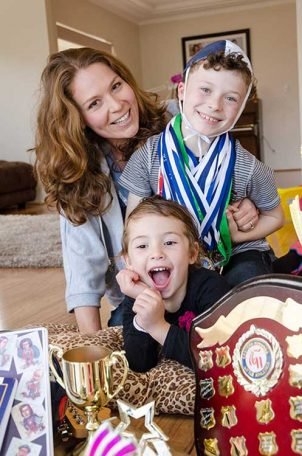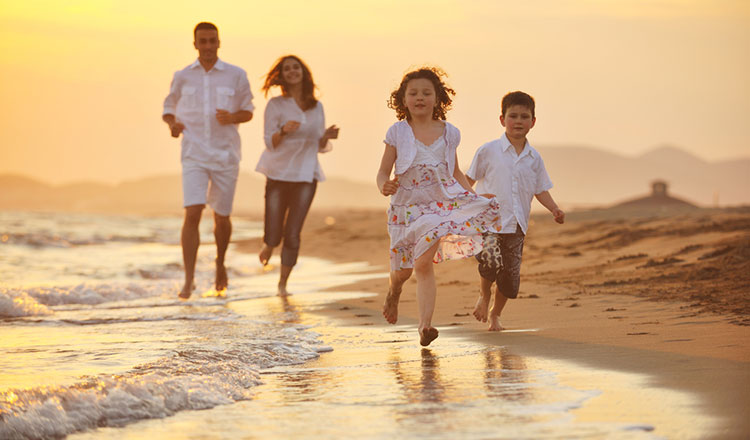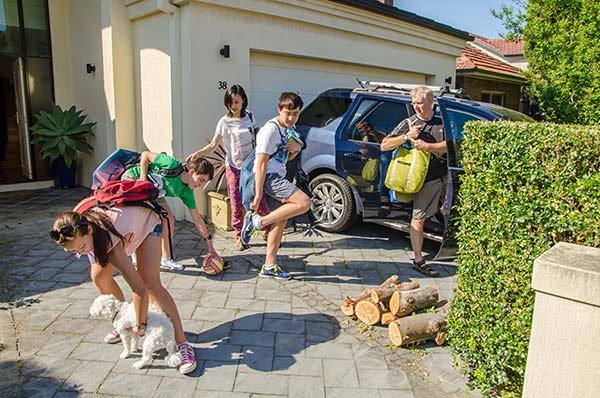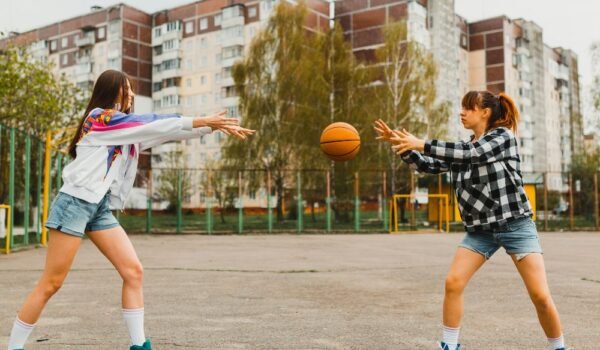That same night, I started searching for an art tutor to nurture my son’s ‘gift.’ Visions of raising the next Picasso swam through my mind – until the next morning. “Daddy, I don’t want a tutor, I just want to draw,” my seven-year-old son told me. “Why do grown-ups always have to take over everything?”
His question stung because he was right: I was trying to take over, and I was not not alone. Since the 1990s, middle-class parenting has become a cross between a competitive sport and product development. In this culture of soaring expectations, we feel obliged to push, polish and protect our children with superhuman zeal. Think Baby Einstein DVDs, Mandarin-speaking nannies and schedules packed with ballet, football, drama, tutoring, tennis, hockey, piano, judo.
Of course, it’s good for children to strive and compete, but when childhood becomes a race to perfection everyone pays a price. Children are suffering from more sports injuries, obesity, depression, anxiety, exhaustion, self-harm and eating disorders. Parents are burned out from juggling work with the sky-high demands of modern childrearing.
Thankfully, there is a movement to dial down the pressure. It’s called Slow Parenting.
“Slow” means giving children the time and space to explore the world at their own pace, to play without adults getting in the way, to get bored even. After all, that is how kids learn to think, create, socialise and take pleasure from things; it’s how they work out who they are rather what we want them to be. By limiting screen time and structured activities, Slow Parenting also ensures that families spend enough time together doing stuff that is immensely valuable but will never appear on a CV: chatting, cooking and eating, playing games, going for walks, reading and telling stories, or just sharing a cuddle on the sofa.

The aim is to strike a balance between the free-range nature of pre-21st-century childhood and the structure and technology on offer in the modern world.
Change is coming. Towns across North America now give children a breather by cancelling all homework and extracurricular activities on certain days. Sports leagues are banning pushy parents from the sidelines and shifting the emphasis away from winning at all costs to learning and enjoying the game. Families and communities are holding screen-free days to encourage children to play outside.
Even elite universities are singing the same tune. Harvard sent a letter urging students to set aside enough time to rest, daydream and just hang out with friends. The title of that letter: Slow Down!
Of course, you cannot do Slow Parenting if you yourself are stuck in fast forward. Well, you can, but only up to a point. To raise a child who is healthy, happy, calm, reflective and able to live in the moment, you must be all those things yourself. That means slowing down your life beyond parenting.
This is hard but not impossible. I know because I did it myself – and now I am a Slow parent.
Here is some proof: When my son’s school opened a sketching club, I remained calm, backed off and let him choose whether to join. I had finally understood that it was his decision, not mine.
Let’s just hope I remember that lesson when it comes time to organise his first exhibition at the Tate Gallery in London!
Article written by slow parenting expert Carl Honore. Carl appears in a new documentary called Frantic Family Rescue, which airs on the ABC on 11th August at 9:20pm. Carl will unplug adults and kids alike from their devices and throw out their crazy schedules. It’s all about transforming family members from stressed out clock-watchers, to happy and unhurried. Do their lives, relationships and bodies feel better? Or is there no turning back from our 21st Century culture of hurry?








